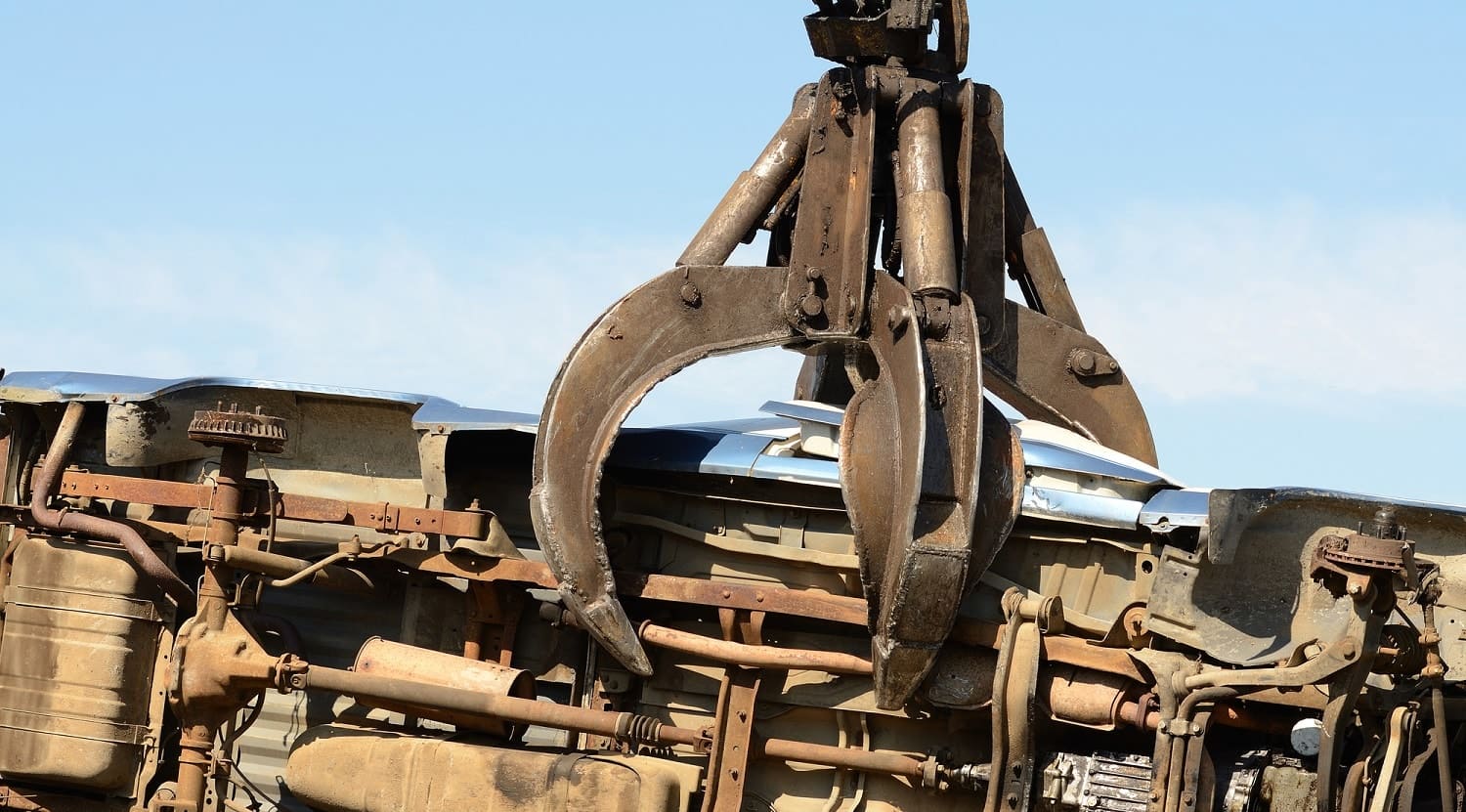The idea that plastic is the most sustainable material is a misconception. Steel is one of the most recycled materials in the world. More steel is recycled every year than paper, glass, aluminium and plastic combined. Steel has a potentially endless life cycle because it is easy to recover and practically 100% recyclable without any significant loss of quality. Since 1900, more than 25 billion tonnes of steel have been recycled worldwide. New steel contains an average of 37% recycled steel.
All scrap from steel production and downstream processing is collected and recycled directly into the steelmaking process. The recycled content of any steel product can range from 5% to 100%. Scrap-based electric-furnace steelmaking accounts for 25% of global steel production.

Wastes in the form of used steel products must be collected and properly prepared for processing (by shredding and baling). Due to the relatively high value of steel scrap, economic incentives complement the environmental benefits and help to maintain high recycling rates.
Recycling provides significant energy and raw material savings: over 1,400 kg of iron ore, 740 kg of coal and 120 kg of limestone are saved for every tonne of steel scrap made into new steel.
Due to its magnetic properties, steel is easy to separate from other materials. About 90% of automobiles are recycled and almost all steel in them is recovered. When it comes to sectors of the economy, global steel recovery rates are estimated at 85% for construction, 90% for automotive (almost 100% in the US), 90% for electrical appliances and 50% for domestic appliances.
The average life of steel products is approximately 40 years. For instance, vehicles can last an average of 15-20 years, compared with 100 years or more for buildings and infrastructural elements. The time required to recycle steel waste can vary from several days to a few weeks.
-min.jpg)
Meanwhile, innovative metal processing and recycling methods are being developed. Researchers from the Chinese Academy of Sciences and Jilin University have come up with an innovative, environmentally friendly method of recycling stainless steel to make new electrodes for potassium-ion batteries.
Despite their high efficiency and wide range of applications, lithium-ion batteries have a limited life cycle. Furthermore, their disposal is associated with environmental issues. Using an innovative technique, under the guidance of Professor Xin-bo Zhang, scientists use stainless-steel mesh as an iron source. The mesh is converted to develop stable, low-cost, high-performance cathodes for potassium-ion batteries. This method creates new opportunities for reusing stainless steel.
We never cease to be impressed by how unique steel is. More than 75% of the 3,500 steel grades that are currently in use did not exist 20 years ago. This versatile material can be recycled over and over, an unlimited number of times, without any loss of its properties, saving our planet’s finite resources.
